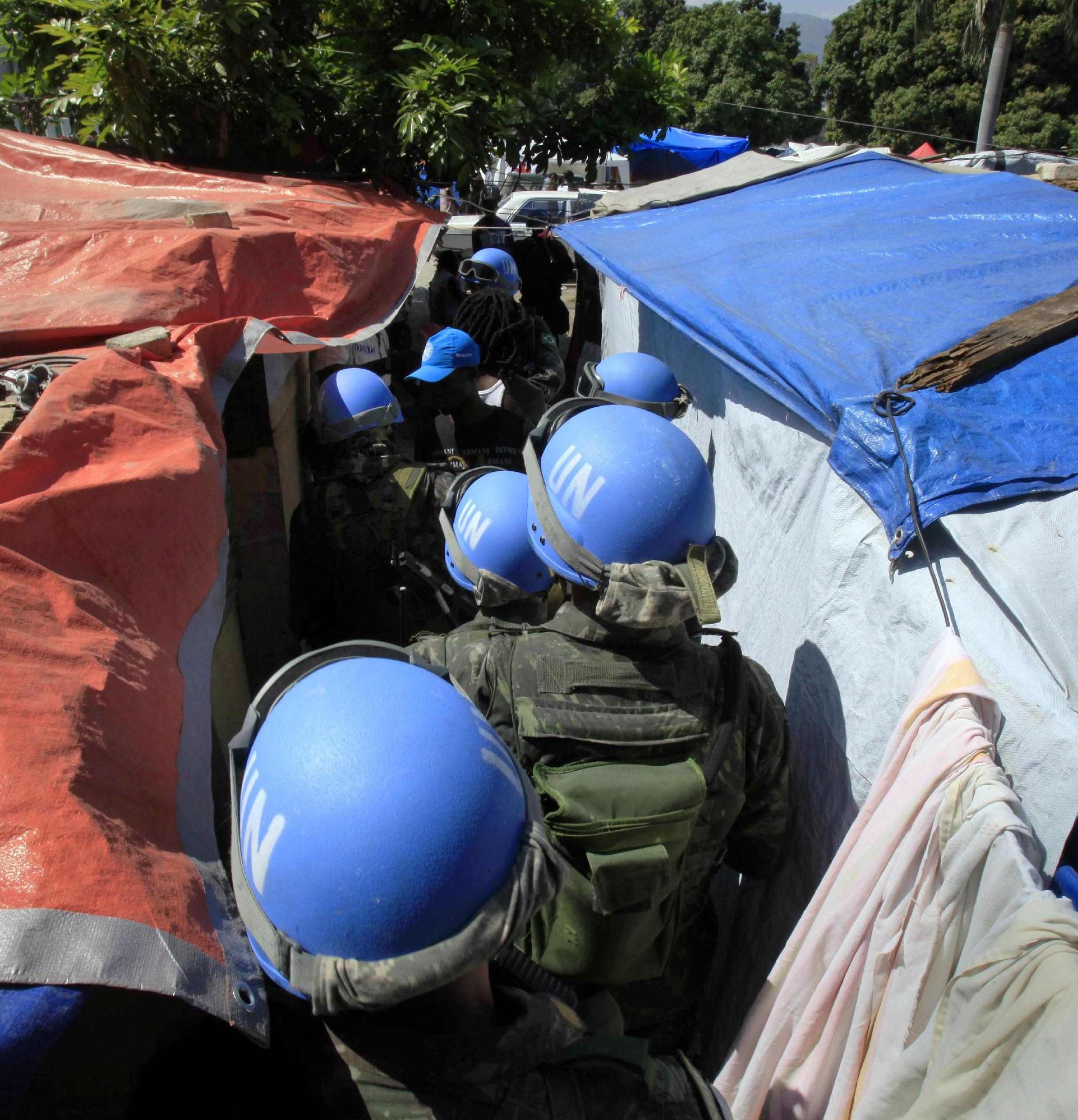Facing ‘peacekeeper babies,’ UN now offers DNA testing
The U.N. peacekeepers arrive; months later, some leave infants behind. Now the United Nations has quietly started to offer DNA testing to help prove paternity claims and ensure support for the so-called “peacekeeper babies." It’s a delicate step, as countries that contribute U.N. troops might not welcome a practice that could prove not only fatherhood but wrongdoing. Of the dozen paternity claims received last year, four were associated with alleged sexual abuse of a minor. The new effort comes a decade after a groundbreaking report on sexual abuse and exploitation by peacekeepers suggested that the U.N. secretary-general be authorized to "require DNA and other tests to establish paternity” so peacekeepers would be pressured to support the children they “father and abandon.”
When we raise the darker side of peacekeeping, that can be embarrassing for troop-contributing countries [but the U.N. zero tolerance policy is clear]. They know what they’re signing up for.
Alison Giffen, co-director of the Future of Peace Operations program for the Washington-based Stimson Center think tank
Many of the children are in a desperate financial situation, said the report by Zeid Raad al-Hussein, now the U.N.’s human rights chief and a former peacekeeper himself. No one knows how many children have been fathered by U.N. peacekeepers over the decades in some of the world’s most troubled places. Sexual abuse and exploitation remains a problem, with little support available for victims. While the U.N. has worked with member states before on paternity claims, it only started offering a DNA collection protocol, and testing kits, last year. But it doesn’t go as far as the action urged by a U.N.-commissioned report that was leaked publicly this spring. A “DNA data bank for all troops would be the most foolproof method” for tackling paternity claims, it said. Instead, the U.N., which has no standing army, is allowing troop-contributing countries to decide how much of an effort to make to pursue paternity claims.

World UN dna